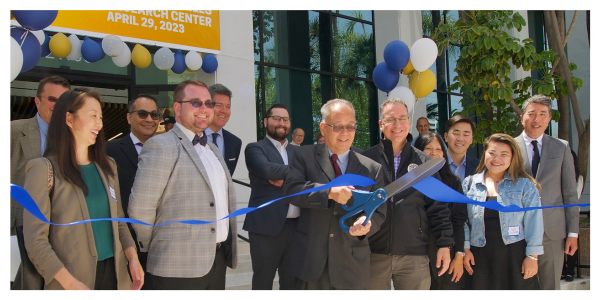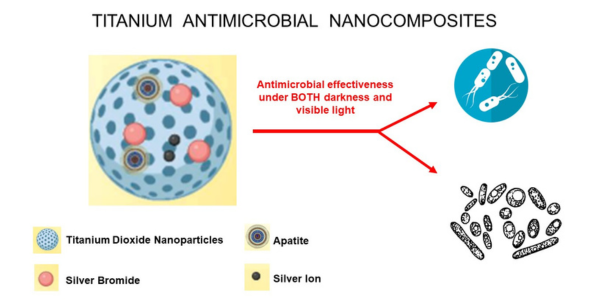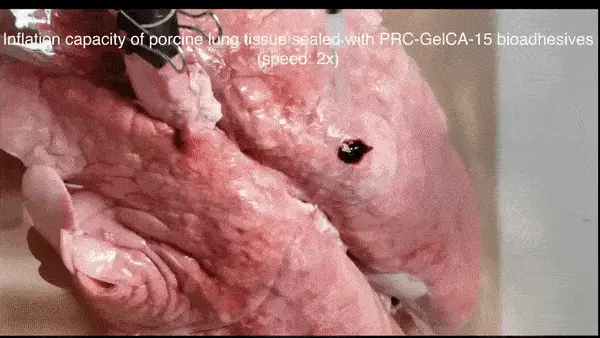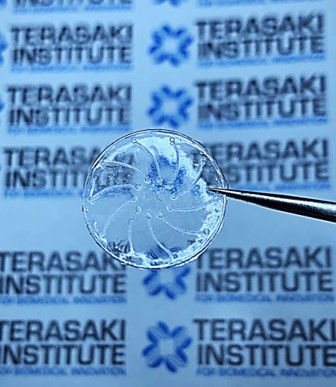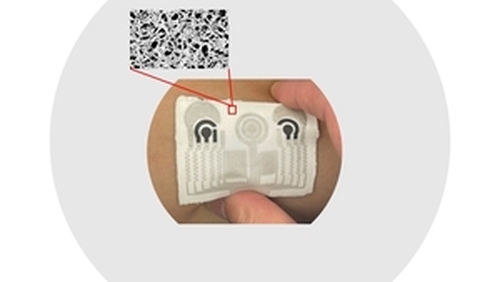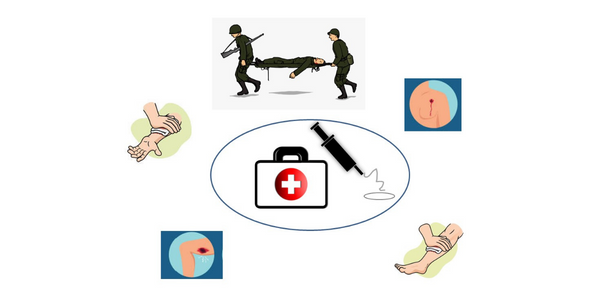Company introduces unique approach to sustainably produced meat
(LOS ANGELES) - The Terasaki Institute for Biomedical Innovation (TIBI) is excited to unveil their first spinout company, Omeat, an organization dedicated to technology for the sustainable production of beef and other meats on a global scale. Omeat produces cultivated meat, using cost-effective, humane, and efficient methods to collect regenerative factors for cell cultivation from healthy, living cows.

